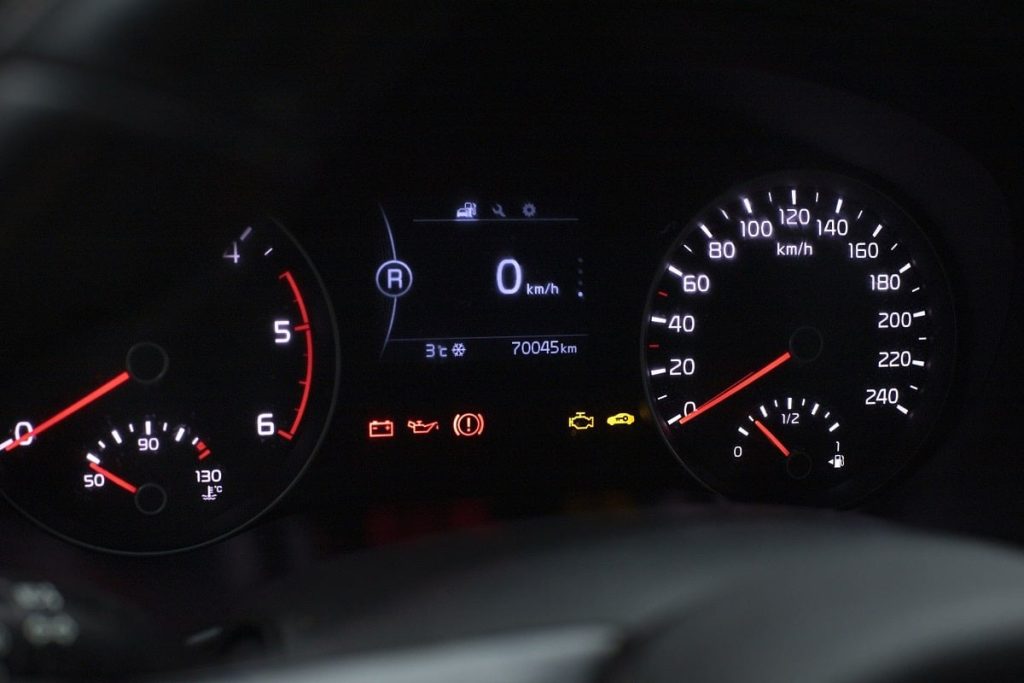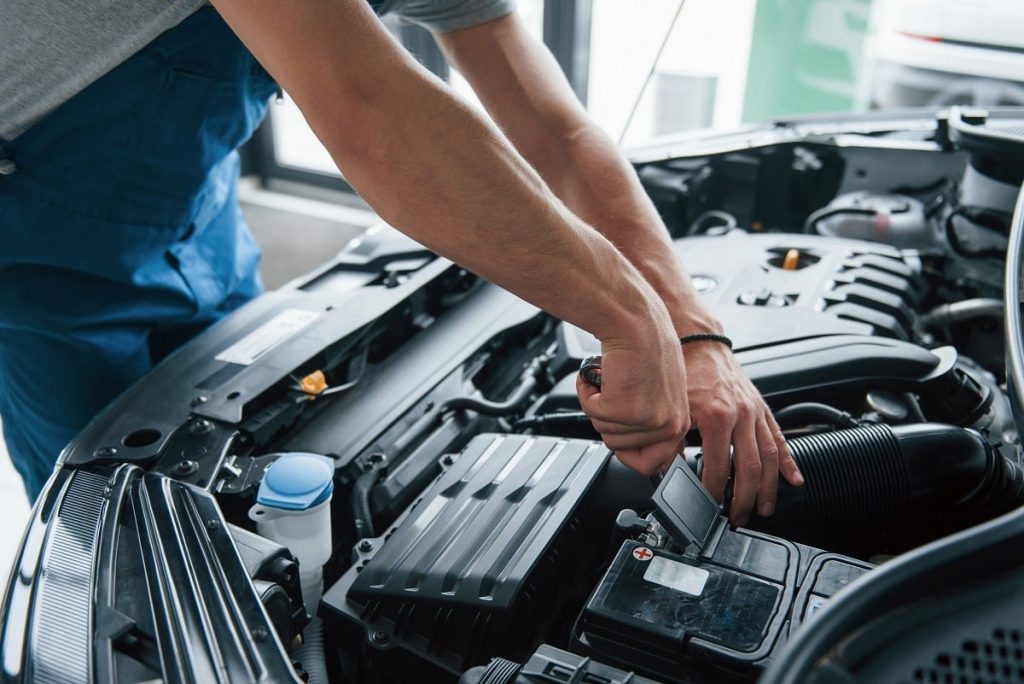Acheck engine light can be the first warning your vehicle can display. This little icon on your dashboard is an indicator of your car’s health. Ignoring this warning can result in costly repairs or even jeopardize your safety on the road. By understanding what the check engine light signifies, its possible causes, and the importance of immediate attention, you know your vehicle remains reliable and efficient. Keep reading to learn more.
What the Check Engine Light Means
The check engine light is part of your vehicle’s onboard diagnostics system, which monitors engine performance and emission controls. When your car’s computer detects an issue, it triggers the check engine light to alert the driver. It does not necessarily mean that your vehicle is about to break down, but it signals the need for diagnosis. Regularly check this light to diagnose minor problems before they escalate. For some, taking immediate action may seem unnecessary if the car still seems to be running fine. Know that ignoring this sign can result in a more severe malfunction down the line.

Choose Professional Help Over DIY Solutions
Some car owners enjoy fixing minor issues themselves, but the complexity of the check engine light demands professional intervention. A skilled auto technician can quickly pinpoint the source of the problem and employ the right tools to diagnose it effectively. DIY repairs can sometimes do more harm than good, as you may miss critical issues or use incorrect parts. Modern vehicles are equipped with complex electronics that require specialized knowledge and equipment to diagnose effectively. Consumers in need of quality service in their area want to look for trusted Chicago auto repair services that offer comprehensive diagnostics and repairs. The right professionals have a thorough understanding of the issue and minimize the risk of further damage. An investment in expert services can save you from recurrent breakdowns and costly repairs in the long run.
Common Causes of a Check Engine Light
Knowing the reasons behind a check engine light can mitigate fears of the unknown. Some common issues include a malfunctioning oxygen sensor, which measures the amount of unburned oxygen in the exhaust. Another frequent cause could be a failing mass airflow sensor, responsible for regulating the air-fuel mixture in the engine. Both problems can affect your vehicle’s fuel efficiency and performance. Sometimes the problem is as simple as a loose or damaged gas cap, which can cause fuel vapors to escape and lead to a spike in emission levels. Other potential culprits may include issues with the ignition system, such as spark plug problems or issues with the ignition coil.

The Importance of Timely Diagnostics
When your check engine light turns on, the clock starts ticking on diagnosing and resolving the issue. Taking your vehicle for diagnostics can save you money by addressing minor problems before they escalate. The dynamics of engine issues can become complex, and a small fault can evolve into a massive failure. Performing diagnostics with a trusted technician allows you to understand the specific fault codes generated by your vehicle’s system. These codes can reveal essential information about ongoing issues and direct appropriate repairs. Reliable services serve to maintain the health of your vehicle. Their expertise can turn an overwhelming experience into a manageable one.
How Ignoring the Light Can Affect Your Vehicle
The repercussions of neglecting a check engine light are a must, both for your vehicle and your wallet. What may seem like a minor glitch can result in substantial engine damage, which will require extensive repairs. A failing catalytic converter is an expensive repair that could have been avoided with immediate attention. Your vehicle’s fuel efficiency can decrease if undiagnosed issues persist. As the engine struggles to operate correctly, you might find yourself refueling more frequently, which adds up over time. The longer you allow these problems to linger, the more pressure it places on other components of the vehicle. Beyond the financial implications, driving with a malfunctioning engine can compromise your safety and that of other road users, underscoring the need for prompt action.

Safety Risks Associated With Ignoring the Warning
Ignoring a check engine light can pose serious risks for you and others on the road. Some engine malfunctions can result in dangerous driving conditions. A faulty ignition system may cause your car to stall unexpectedly, putting you at risk for accidents. Smoke or unusual smells emanating from your vehicle can signal potentially hazardous conditions. If ignored, these signals can lead to devastating accidents. Brakes and steering are designed to work seamlessly, and any disruption can cause failure at crucial moments. Immediate attention to a check engine light is about maintaining your vehicle’s health and the safety of everyone in and around your vehicle.
Regular maintenance and immediate response to a check engine light can extend the lifespan of your vehicle, improve safety, and save you money on repairs. Rather than viewing the check engine light as a mere annoyance, embrace it as an early warning system for your vehicle. Consult a trusted professional when faced with that dreaded light on your dashboard; it could be the key to keeping your vehicle in top shape.

